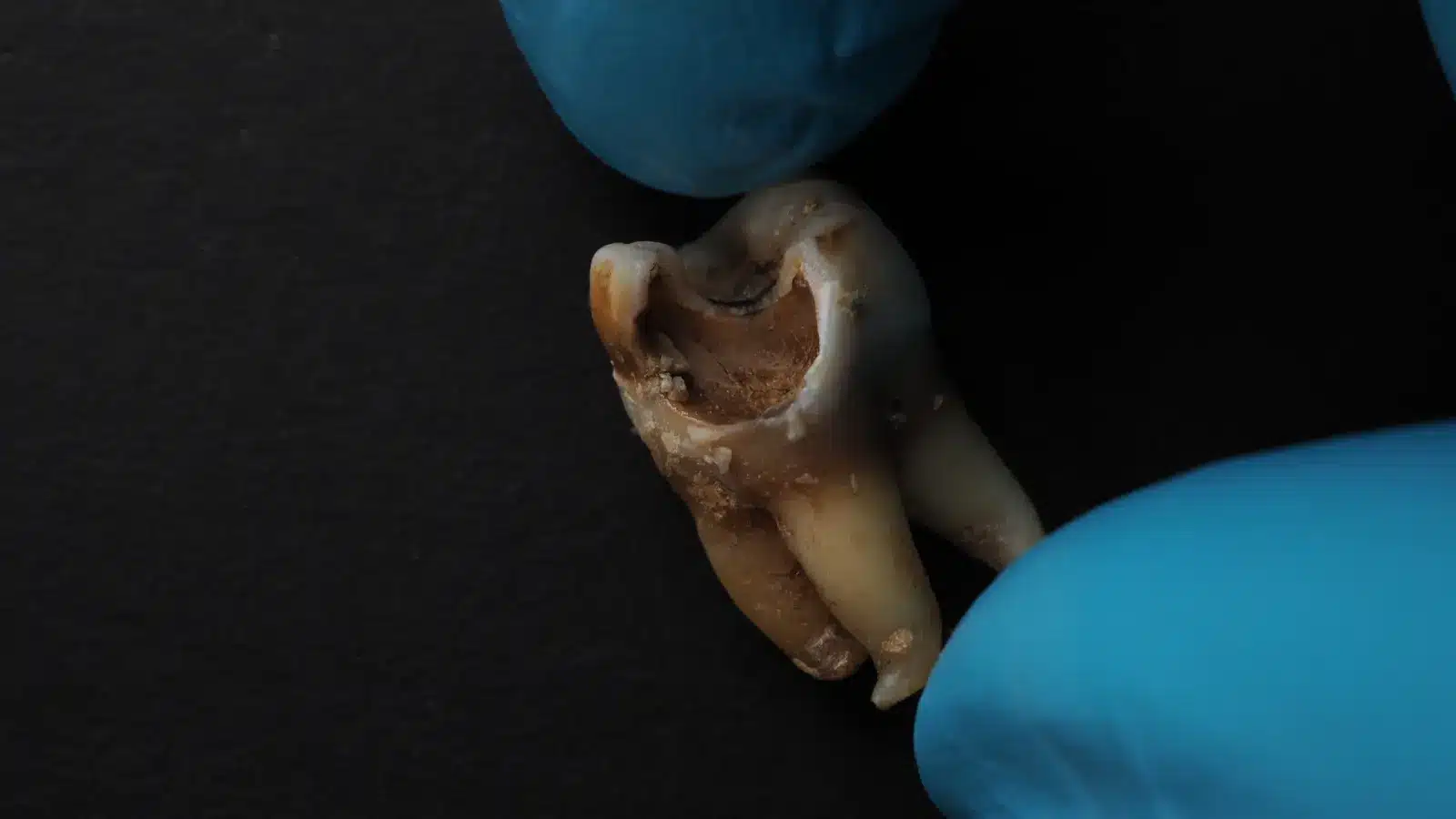
Can A Filling Stop Cavities From Forming In A Tooth?
Filling can stop cavities from forming by playing a crucial role in dental care, and restoring teeth damaged by decay, fractures, or wear. They prevent further decay by sealing off areas where bacteria can enter, helping to maintain the structural integrity of the tooth.
Beyond restoration, fillings contribute significantly to cavity prevention by eliminating spaces where bacteria could accumulate and cause further damage. Modern fillings, made from materials like composite resin or porcelain, not only restore the tooth’s function and appearance but also blend seamlessly with natural teeth. Regular dental check-ups ensure early detection of cavities, allowing for prompt filling and prevention of more extensive treatments.
Understanding Fillings
Dental fillings are materials used to repair teeth damaged by decay or trauma, restoring their function and preventing further deterioration. They fill cavities left after removing decayed tooth material, sealing off vulnerable areas to halt bacterial invasion and protect against future decay.
Common types include amalgam (metal alloy), known for durability; composite resin, matching tooth color for aesthetic appeal; ceramic, offering strength and natural appearance; and glass ionomer, releasing fluoride for added protection. Each type has unique properties influencing durability, appearance, and suitability for different teeth and patient needs, guided by factors like location, size of the cavity, and cosmetic preferences.
What Causes Cavities?
Causes of cavities include:
1. Plaque Buildup: Sticky bacterial biofilm on teeth accumulates from sugars and starches, producing acids that erode enamel.
2. Bacteria: Oral bacteria, especially Streptococcus mutans, ferment sugars to generate acids, leading to enamel demineralization.
3. Poor Oral Hygiene: Inadequate brushing and flossing allow plaque to persist, increasing cavity risk.
4. Dietary Factors: Frequent consumption of sugary or acidic foods and drinks contributes to cavity formation.
5. Reduced Saliva Flow: Dry mouth conditions or medications decreasing saliva flow limit its protective effects against acids and bacteria.
Can Filling Stop Cavities From Forming?
Yes, fillings can effectively stop cavities from forming. They seal areas where decay existed, preventing bacteria from returning. Additionally, fillings restore the tooth’s strength, halting potential cavity development.
Using materials such as amalgam, composite resin, or ceramic, dentists effectively seal vulnerable spots and fortify the tooth against future decay. Regular dental exams are crucial for detecting early signs and replacing worn fillings promptly, preserving their protective properties and supporting long-term oral health.
Limitations of Fillings
1. Limited Lifespan: Fillings may need replacement over time due to wear, cracking, or secondary decay.
2. Size and Location Constraints: Large cavities or those in high-stress areas may require more extensive treatments like crowns or inlays/onlays instead of fillings.
3. Risk of Secondary Decay: Poor oral hygiene or gaps between the filling and tooth can lead to decay around the filling edges.
4. Aesthetic Concerns: While tooth-colored fillings blend well with natural teeth, they may not perfectly mimic enamel translucency and can stain over time.
5. Sensitivity Issues: Some patients experience temporary sensitivity to hot or cold foods after getting a filling. This usually resolves but can be a concern.
Tips For Maintaining Oral Health with Fillings
Maintaining oral health with fillings involves specific care to ensure their longevity and your overall dental health:
1. Practice Good Oral Hygiene: Brush twice daily with fluoride toothpaste. Also, floss regularly to prevent plaque buildup around fillings and reduce the risk of secondary decay.
2. Use Fluoride Products: Incorporate fluoride mouthwash or treatments recommended by your dentist to strengthen enamel and protect against cavities.
3. Avoid Excessive Sugary Foods: Limit sugary snacks and drinks that can contribute to decay around fillings and compromise oral health.
4. Attend Regular Dental Check-ups: Schedule routine dental visits for professional cleanings, examinations, and early detection of any issues with fillings or oral health.
5. Monitor Sensitivity or Changes: Should you notice any discomfort, sensitivity, or changes in your filled teeth, promptly consult your dentist for evaluation and potential treatment adjustments.
Wrap Up!
Fillings are pivotal in cavity prevention by sealing off decayed areas, restoring tooth structure, and preventing further damage. They strengthen teeth and safeguard against bacterial intrusion, crucial for maintaining oral health. Regular dental visits to Dentist Butler ensure timely check-ups, early detection of issues, and personalized advice on oral hygiene and cavity prevention strategies.
Remember, proactive care is essential for the longevity of fillings. Therefore, consistent brushing, flossing, and a balanced diet low in sugars are crucial. To ensure optimal oral health and a confident smile, trust Dentist Butler for expert guidance tailored to your specific needs. Schedule your check-up today to proactively prevent cavities.


